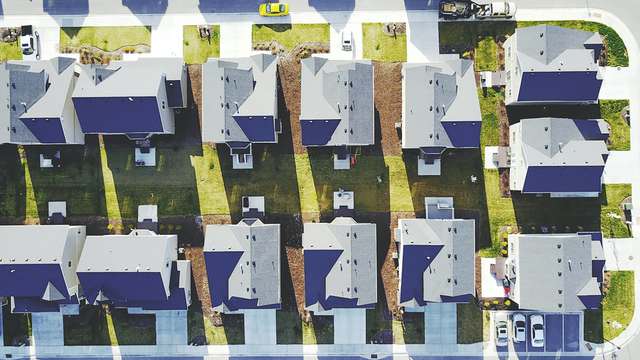What happens after 23 September 2022?
The moratorium period under the Commercial Rent (Coronavirus) Act 2022 (“the Act”), which restricted many of landlords’ remedies to recover “Protected Rent Debts” (as defined under the Act), came to an end on 23 September 2022.
The Act introduced an arbitration process to resolve disputes regarding covid rent arrears. The deadline for making a referral to an arbitrator was 23 September 2022. If a party has not made a reference to arbitration by 23 September (having first served a preliminary notice of intention to make a reference to arbitration by 26 August 2022), they are now out of time to do so.
Parties who have made an arbitration referral in time continue to benefit from the protections under the Act until the arbitration has concluded (which means either until the arbitrator has dismissed the reference or made an award).
Where a reference to arbitration was not made by 23 September, or a reference has been made but the arbitration has concluded, the moratorium on landlord’s enforcement methods comes to an end.
Enforcement
This means that all of the landlord’s usual pre-pandemic remedies become available again, including enforcement against arrears which were previously ring-fenced under the Act as “Protected Rent Debts”. These remedies are available to landlords again from 24 September 2022 (provided that the usual thresholds and rules of enforcement are met/followed):
To recap, landlords remedies include:
- Serving a statutory demand and commencing insolvency proceedings
- Drawing down on a rent deposit
- CRAR
- Pursuing a guarantor or former tenant
- Forfeiture
- Issuing county court proceedings for the arrears and enforcing the judgment
Forfeiture – reminder
In relation to forfeiture, under the Act, no conduct of the landlord was to be regarded as waiving a right to forfeit for non-payment of rent, unless the landlord gave an express waiver in writing. This means that until 23 September 2022, the right to forfeit for non-payment of ring-fenced “Protected Rent Debts” would not be waived, even if the landlord demanded and accepted further rent.
From 24 September 2022, landlords will need to ensure that they do not waive the right to forfeit, now that the remedy is available to them again. Usually, demanding and accepting the next quarter’s rent waives the landlord’s right to forfeit for any existing arrears. After 23 September 2022, if a landlord demands and accepts the September 2022 quarter’s rent from a tenant who had ring-fenced “Protected Rent Debts”, the landlord will have waived the right to forfeit in reliance on those arrears or (potentially) other existing breaches of covenant.
Landlords who wish to preserve the right to forfeit should:
- ensure they do not demand or accept the September 2022 quarter’s rent, or any other charges which fall due after 23 September 2022 (including considering putting a rent stop in place); and
- ensure they do not take any other steps which acknowledge the continuation of the lease after 23 September 2022.
What this means for you
Tenants who have not made a reference to arbitration in time, or whose reference to arbitration has now concluded, should ensure that all ring-fenced “Protected Rent Debts”, and any other arrears, are paid as soon as possible, if they want to avoid the landlord exercising any of the remedies set out above, including forfeiture.
Landlords with tenants who have not made a reference to arbitration, or whose reference has now concluded but where payment has not been made, can take all pre-pandemic steps to enforce from 24 September 2022.
Landlords may now wish to consider identifying any commercial tenants who have not referred “Protected Rent Debts” to arbitration, and consider the most desirable means of enforcing payment of those arrears.
Landlords who intend to forfeit should exercise caution to make sure they do not waive the right to forfeit.





























































